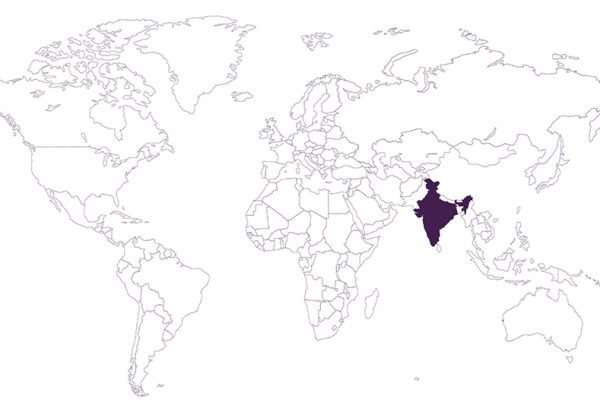 On April 29, ET-ILC held a webinar with J Sagar Associates that addressed the legal implications of employee-employer relations during the lockdown. Shivpriya Nanda, Partner, J Sagar Associates; Amar Gupta, Partner J Sagar Associates and Minu Dwivedi; Partner at J Sagar associates shared their view and reading of the MHA orders and answered questions on what can and cannot be done during this period with regard to employee contracts and payments.
On April 29, ET-ILC held a webinar with J Sagar Associates that addressed the legal implications of employee-employer relations during the lockdown. Shivpriya Nanda, Partner, J Sagar Associates; Amar Gupta, Partner J Sagar Associates and Minu Dwivedi; Partner at J Sagar associates shared their view and reading of the MHA orders and answered questions on what can and cannot be done during this period with regard to employee contracts and payments.
Key Highlights & Takeaways
- MoLE Advisory 20th March and MHA Order of 29th March are the most important orders with regard to employee relations
- Advisory is to maintain status quo, not terminate employees and not reduce salaries. Employees cannot be forced to go on paid leave and non-compliance with the orders can lead to penal action
- MHA orders apply to the entire workforce including managerial employees
- After the lockdown, employers will have to implement SOPs with regard to Covid-19 related policies, sanitation and allowing only 50% of employees to come back to work
- Post the lockdown employers can look at negotiating contracts with employees with mutual agreement in writing. During the lockdown, employers can look at the components of the salary which can be withheld with reason – for example sales bonus can be cut if sales are not happening, or travel allowance can be cut since employees are not travelling.
As India remains under temporary lockdown until May 3rd, the centre and states have invoked the Disaster Management Act, 2005 and Epidemic Diseases Act, 1897. During this period normal employment rules do not apply. While multiple orders have been issued since the lockdown began, the MoLE Advisory 20th March and MHA Order of 29th March are the most important. The general takeaway from all the orders is that employers must maintain the status quo with regard to employee contracts and salaries during this period.
Employers of public and private enterprises are to treat their employees as “on duty” during this period. Employers are not to reduce salaries or terminate employees during this time. Employers to pay salary via Direct Benefit Transfer using online means. In case DBT is not possible, companies HR to issue movement passes in a staggered manner to ensure that all employees receive timely salary. Employers are required to give 28 days paid leave to employees who are affected by COVID-19 or are suspected to be affected. Further, employers are required to provide holiday with wages to employees during closure of establishment due to lockdown. Also, employees cannot be forced to go on leave without pay during this period. In case of non-compliance, there is likely to be penalties. There is an expectation that there will be a large number of cases related to termination and salary cuts, post which a guideline will be shared.
MHA Order applies to all the States and requires employers of shops, offices, industrial and commercial establishments to pay full salaries to workers on the respective due dates during the lockdown. While the use of the term “workers” is confusing, the reading is that it applies to the entire workforce including managerial employees. However, since managerial employees are contract employees, not protected employees, there is more flexibility when it comes to dealing with them. The employer can look at the components of the salary and choose not to pay bonus, or travel allowance as long there is a valid reason.COVID induced business disruption may be considered as ‘natural calamity’ in labour matters.
After the lockdown is lifted, employers are to comply with SOPs:
- 50% of employees to come back to work
- Comprehensive insurance to be provided to all employees
- Implement thermal scanning and require employees with flu-like symptoms to test for COVID-19
- Duty to inform Government if an employee tests positive
- For employees who are operating from other countries, or have been unable to come back due to travel restrictions, the employer is obligated to compensate them for the extended stay, possible medical expenses or quarantine and travel.
- Companies are to outline a Covid-19 specific policy outlining the risk of exposure, safety measures adopted, self-reporting obligations, precautionary measures, measures to deal with those affected by Covid-19 and consequences for non-compliance.
Post the lockdown, companies can discuss salary reduction and implement it with mutual agreement in writing with modifications to contracts. In a scenario where the government lifts the lockdown but employees are unwilling to come back to work citing risk of infection, both the employer and employee will have to argue their case in court and it could go either way. However, for essential services, if an employee is refusing to come to work, the employer is within his right to take punitive measures.









